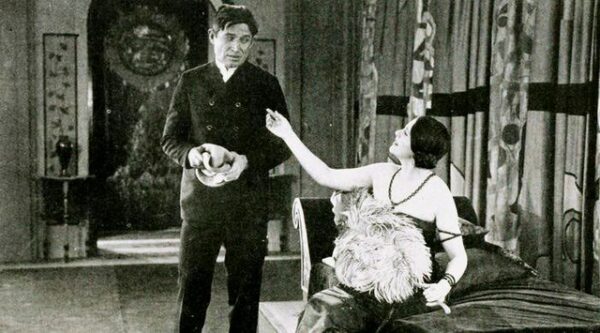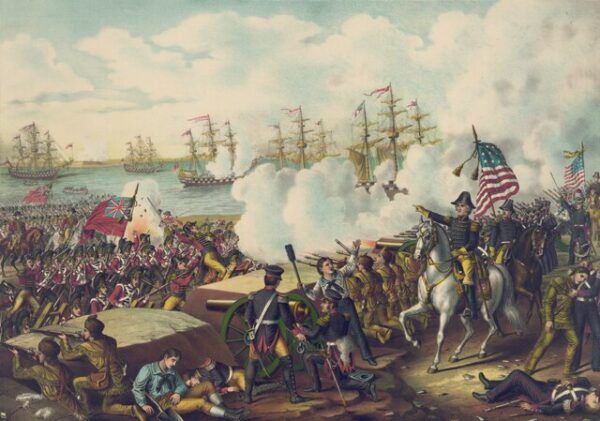On August 15, 1935, one of the brightest flames in American film and radio was suddenly snuffed out. Renowned for his wit, humor, and versatility, Will Rogers had endeared himself to millions as a vaudeville performer, film actor, radio personality, and prolific newspaper columnist.
Rogers learned how to ride a horse and do rope tricks while growing up on a ranch in what would eventually become Oklahoma. He worked in various Wild West shows in the United States and overseas, and in 1905 he displayed his roping skills at a show at Madison Square Garden. The good reviews he received for the engagement prompted his decision to stay in New York City and work in vaudeville. Upon discovering that audiences loved his Western drawl, he began to ad-lib patter in his previously silent act. Rogers appeared in his first Broadway show, The Wall Street Girl, in 1912 and demonstrated his roping skills between acts. He did the same in a few less successful shows in 1915, but he impressed producer Flo Ziegfeld enough to be hired later that year for the cast of Ziegfeld’s Midnight Frolic,” according historians.
“To keep his act fresh, Rogers poked fun at prominent audience members and commented on the events of the day, especially political news. Gently kidding Democrats and Republicans alike, Rogers became a master of the political one-liner, such as “Every time Congress makes a joke it’s law, and every time they make a law it’s a joke.” From Midnight Frolic, Rogers moved to the prestigious Ziegfeld Follies on Broadway in 1916, a yearly production to which he frequently returned until 1925.
In 1929 Rogers signed a movie contract with the Fox Film Corporation and made his first talking picture, They Had to See Paris. Sound films obviously suited the talkative Rogers, and his popular films made him a bigger star than ever before. His more notable sound films included A Connecticut Yankee (1931), based on Mark Twain’s humorous novel, and State Fair (1933).
In politics, Rogers preferred to remain an observer, but he spent a few weeks in 1926 as honorary mayor of Beverly Hills until California legislation declared his position illegal (“I ain’t the first mayor that’s been kicked out,” he mused), and he was a supporter of Franklin Delano Roosevelt’s presidential candidacy.”
In 1935, he was one of the most popular entertainers in the world, but August 15 would prove to be a fateful day. Rogers, along with aviator Wiley Post, embarked on a flight to explore the Alaskan wilderness. Post’s intent was to survey potential air routes, while Rogers saw the adventure as an opportunity to gather material for his newspaper column. The duo’s Lockheed Orion aircraft lifted off from a lagoon near Fairbanks, Alaska.
Over the icy landscape of Alaska, the aircraft encountered difficulties, leading to a crash that claimed the lives of both Rogers and Post. The loss reverberated across the globe, leaving admirers in shock and disbelief.
The Will Rogers Motion Picture Pioneers Foundation noted that “soon after his passing, the nation entered a state of mourning that it has rarely done outside of the death of presidents. Flags were ordered lowered to half-staff by federal and state authorities. 12,000 motion picture theater screens went dark for two minutes at 2:00 pm on August 22, 1935 in tribute. Newspaper editorials called on President Roosevelt to declare a national holiday and day of mourning.
At the height of his career, Rogers was the #1 radio personality, the #1 box office draw, the nation’s #1 most sought-after public speaker, and the #1 most read newspaper columnist. He wrote books, traveled the world and gave liberally to charities around the world. Will Rogers was beloved by all.”
Thousands paid their respect to Rogers at his funeral.
A legend left us too soon on August 15, 1935.






